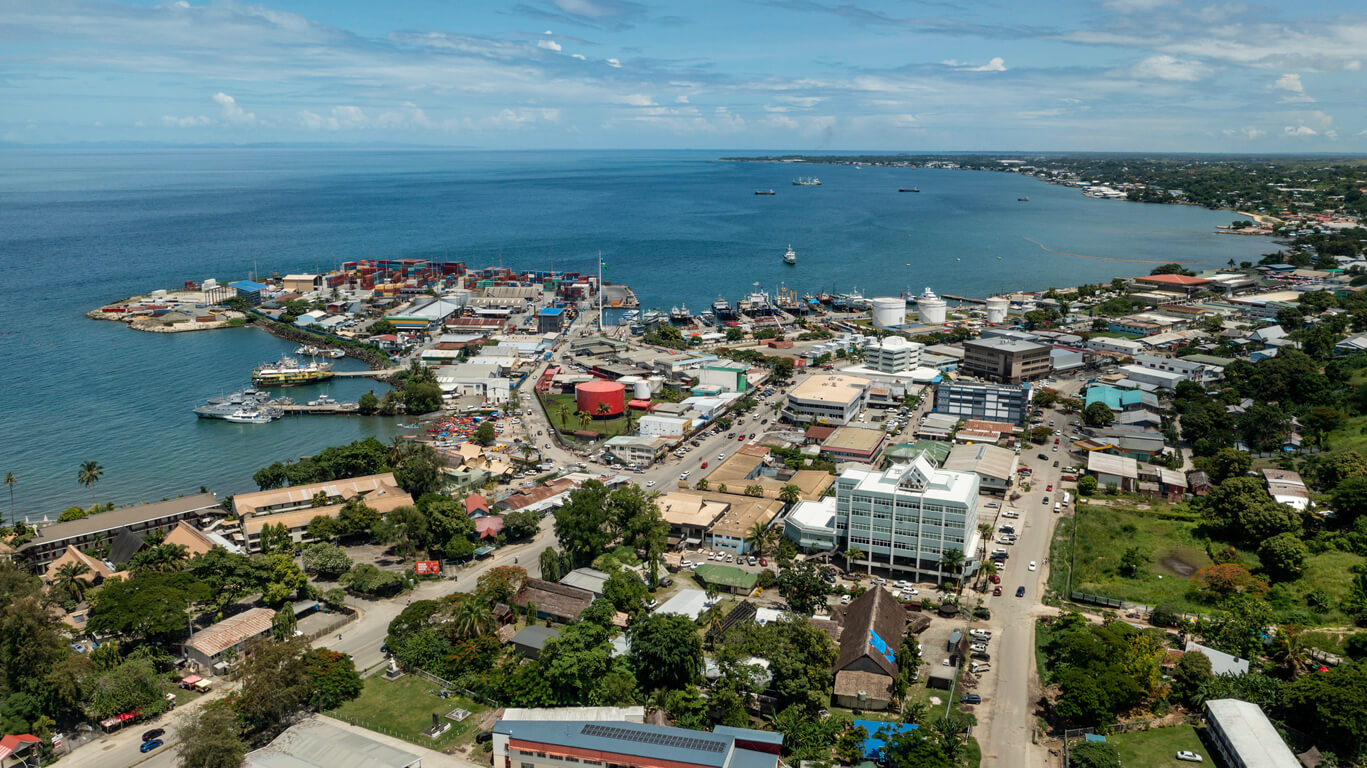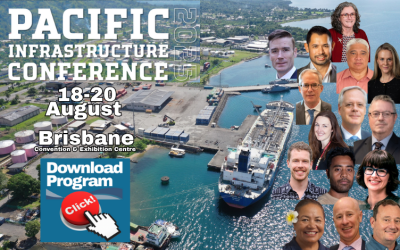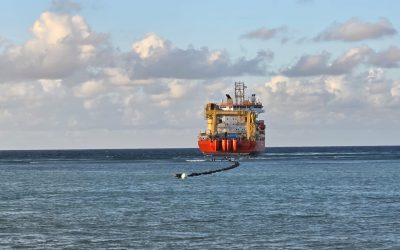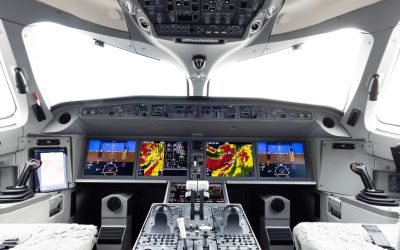By William Kadi*
The Solomon Islands have been at the centre of geopolitical discussions in the past five years after switching diplomatic relations from the Republic of China (ROC) to the People’s Republic of China (PRC) in 2019. Apart from that, the business environment in the Solomon Islands and the economic opportunities and challenges the country faces are less known or rarely discussed.
A lot of international companies and investors find it difficult to navigate the business environment in the Solomon Islands. The challenges you might face include not knowing where to look, who to ask, and, most importantly, how to find exactly what you need. If you’ve encountered these issues, then this article will provide some insight into why they occur and what the main focuses are for improving them.
Although geographically challenging, the Solomon Islands’ position between Australia and the South-East Asia chain has made it a significant security point and a valuable strategic location for trade and logistics with the broader Pacific.
Doing business in Solomon Islands is quite complex if you do not have any experience on the ground or if you do not get the right lead. The digital business environment is yet to be maximised, and most of the business has to be conducted in person. With three levels of governance, dealing with the national and provincial authorities, as well as the customary domain, requires some understanding of what powers and functions were devolved, what decisions and authorities remain in the customary domain, and which taxes, licences, fees, and permits apply to specific types of investments and developments.
The ratings for ease of doing business in the Solomon Islands from the 2018 World Bank annual ratings placed the Solomon Islands 136th out of 190 economies. The 2020 Doing Business Report clearly indicated that the Solomon Islands have improved significantly in areas such as starting a business, obtaining credit, taxation, and trading across borders. However, further improvements are still needed in areas such as minority investor protection and insolvency resolutions. There has been slight improvement in contract enforcement, property registration, and dealing with construction permits, as outlined in the 2020 report.
Today, the Solomon Islands offer vast opportunities for investment in renewable energy, which would contribute greatly to a fair ranking in getting electricity based on the score ratings. Investments in infrastructure, logistics and transshipments, fisheries, tourism, and mining are priorities of the current government and are clearly outlined in the 100-day plan that sets the direction for the next four years. What we hope to see in the public authorities’ space is an improved service delivery partnership that is reliable and trusted, ensuring efficient business is prioritised and regulatory gaps are addressed.
In terms of political stability, the Solomon Islands are managing their adjustments to ensure a fair deal with key bilateral partners – a stark contrast to the heated geopolitical environment of the past five years. It is also important to note that the people and the general public are now gaining a clearer understanding of the role geopolitics play and how vital government and political stability are for the sake of development and a stable economy, which is key to a peaceful and safe country.
Generally, some of its markets, such as the manufacturing and downstream markets, are still in their infancy compared to mature markets. This presents significant opportunities as political stability becomes clearer, and policy directions aim to encourage more investment opportunities in various sectors. To support the energy capacity of Honiara, the Tina hydro project is now expected to be completed in 2026, following delays due to COVID-19 and supply chain disruptions that pushed back the original timeline, which aimed to commence operations around 2022. This project will provide much-needed capacity to reduce electricity costs for the manufacturing and downstream market sectors.
In the logistics and transportation industry, the Solomon Islands have already set some ambitious goals and partnerships with Japan’s motor vehicle industry entities, aiming to become a car transshipment hub based on their strategic location in the Pacific. Furthermore, the Bina Harbour project is still very much pursued, as the government continues to seek potential investors in the global tuna industry. These projects anticipate a high traffic and trade environment in the Solomon Islands for the next ten years and beyond.
With global security and digital technology as key collaboration points towards a more connected future, we observe ongoing discussions between key bilateral and security partners. This includes the establishment of a patrol boat base operation in Shortlands, where the Solomon Islands share their northern border with Papua New Guinea, alongside ongoing security arrangements with Vanuatu concerning the maritime border at the South-Eastern Solomons.
Pacific Legal Network and its key affiliate on the ground, Primo Afeau Legal Services, continue to assist in the business and advisory environment in the Solomon Islands, including providing support to technology and communication companies like Starlink to properly establish and operate. These technologies will complement the digital and communication environment in the Solomon Islands, offering competitive supplementary services to existing national communication providers, including Telekom SI Ltd.
—
*William Kadi obtained his Bachelor of Arts and Bachelor of Law at the University of South Pacific. He then obtained a Professional Diploma in Legal Practice from the University of the South Pacific and has been practicing law in the Public Solicitors Office in Solomon Islands since 2017. This article is abridged from the original piece that appeared on the Primo Afeau Legal services website and has been published here with permission. You can read the unabridged original version here.



